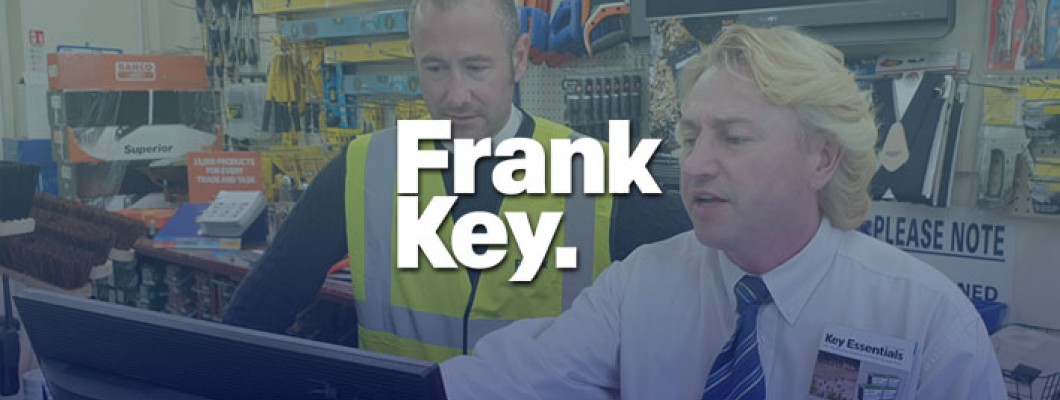
Since 2014, robberies in the UK have been surging (according to the Institute for Global Change). This is worrying news for any homeowner that has not adequately protected their property against this growing threat.
Whilst home insurance may pay in the unfortunate event of a break-in, your premiums could rise as a result of the claim and the fact that some homeowners currently have a home that is insecure means they are paying higher premiums.
To avoid this, ensuring that your windows and doors are secure, as well as installing CCTV and alarms, will help to prevent burglaries.
Securing Doors and Windows
As windows and doors are the first lines of security against burglars, ensuring that you have a secure window and door is essential.
Composite doors are the most secure doors available on the market today because of the way they are built. Built from a range of materials such as foam, which helps the door to withstand higher temperatures. It also includes commonly used materials such as timber and fibreglass. As well as having a range of security features such as multi-point locks. It can also withstand direct hits without sustaining severe damage.
Similarly, windows can also be a source of entry for most criminals, with single pane windows being the most susceptible to break-ins due to the poor security that they provide. Single pane windows can be easily cut or smashed to open the latch. Upgrading to double or triple glazed windows are much more secure since they have modern locks and the extra layer of glass deters most criminals.
What to look for
When buying a new window or door it is important to check that the doors have a Secure By Design accreditation. This accreditation was created by the Association of Chief Police Officers (ACPO) which is aimed at reducing and preventing crime by designing more secure products.
Another accreditation that is often quoted for doors is BS: PAS (Publicly Available Standard) 23 and 24 which tests the doors general performance and the security features.
The two standards above are a good way to judge whether a door or window will be adequate in providing security for your home. But they should be used in tandem with alarms and security CCTV.
CCTV
A security setup would not be complete without the use of an alarm or CCTV. These are useful in deterring potential thieves and making them easier to catch.
CCTV usually deters criminals from attempting to break into the house because of the evidence it leaves. This helps you as the homeowner by making it easier to claim on home insurance since there is proof that the incident took place. This dispels doubt for the home insurance provider around the event and the insurer is, therefore, more likely to pay out.
What to look for
When it comes to CCTV there is a range of options to choose from.
When shopping for CCTV cameras, there are a couple of differences to be aware of. Firstly, fixed cameras can only record from a fixed position. PTZ (pan, tilt, zoom) cameras have more flexibility in being able to move around to record from a range of angles. Cameras with this functionality will be more expensive.
Secondly, wired and wireless features of a camera can affect set up time. With wireless cameras, they utilise a WiFi network which means that there is no time-consuming wiring. With wired cameras, they will need wiring but it will not rely on the variable signal strength of WiFi.
Why security matters
While the list of things that you need to secure your home may be overwhelming, it is crucial. Starting right now you can implement or start to act one or two of the tips given that will ensure that you protect your home and your family in the event of a burglary or break-in.












































































































































